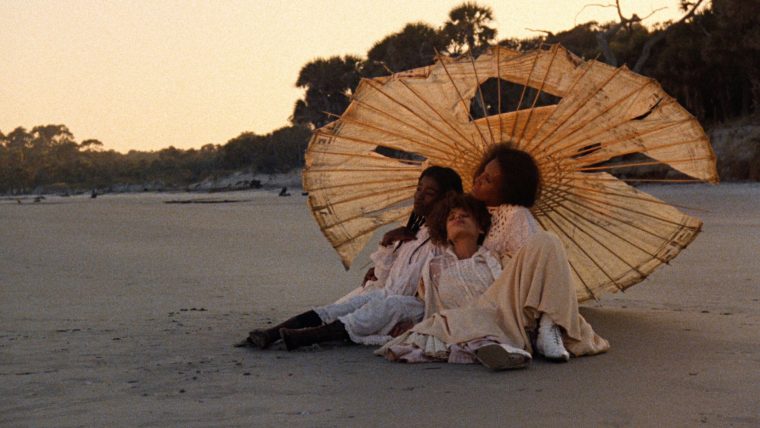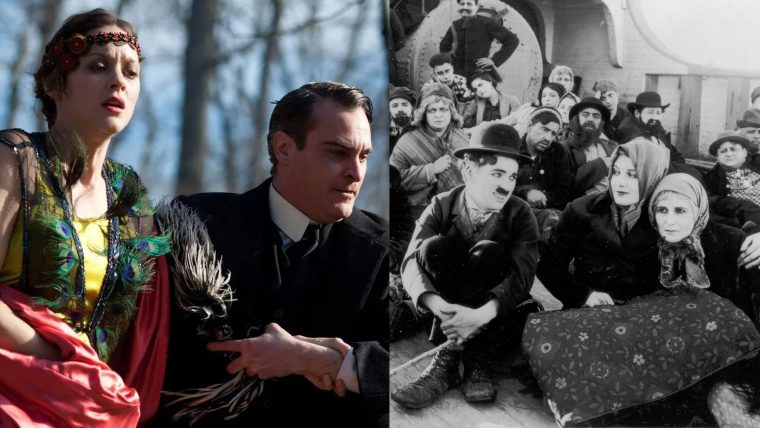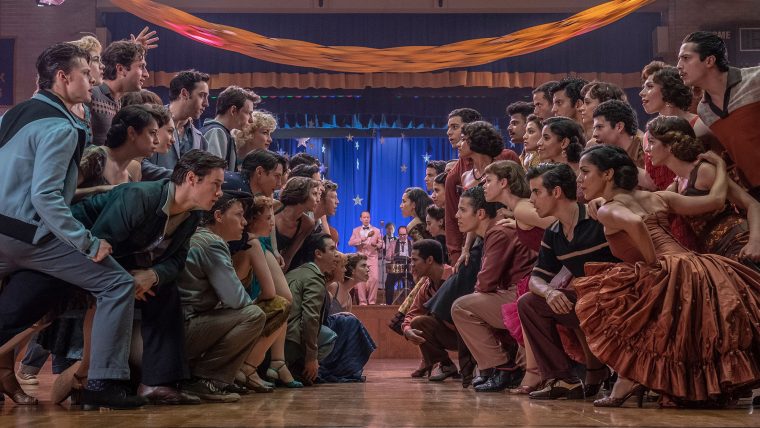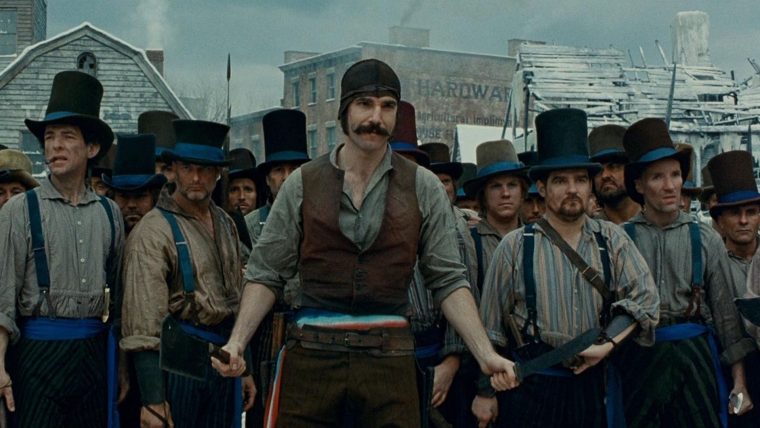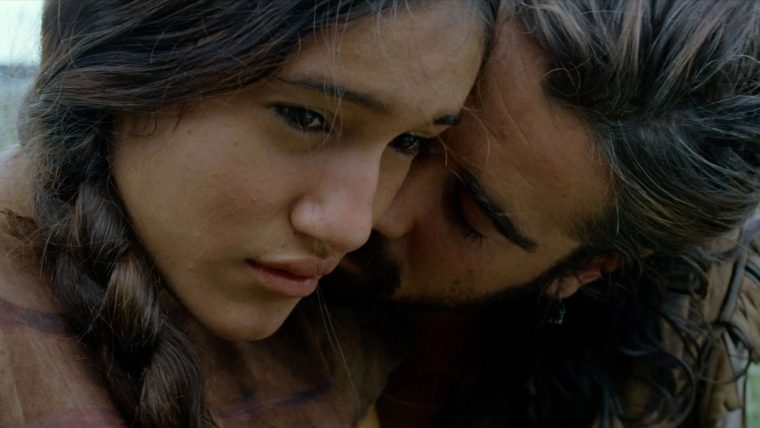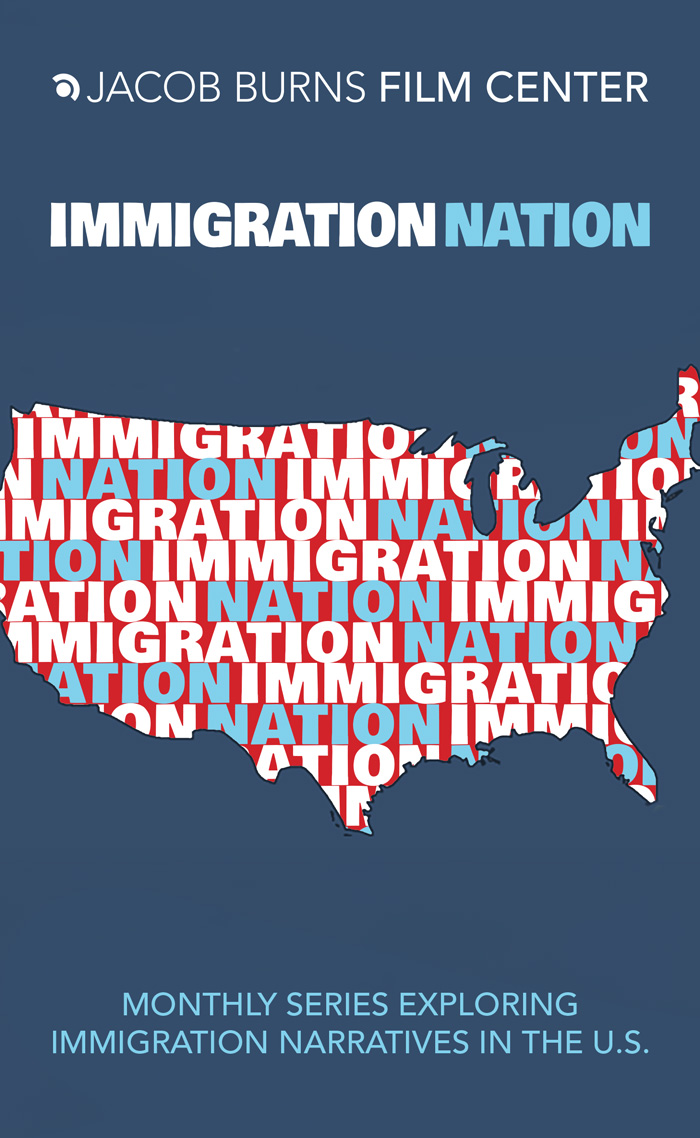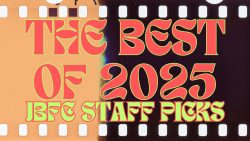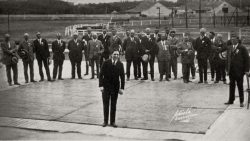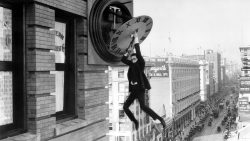Immigration Nation
“As we all know yet too often forget, the U.S.A. is a nation founded by immigrants and children of immigrants. In the 250 years since its declared independence, the country has received (if inconsistently welcomed) wave after wave of immigrants who have helped to define its contours, make-up, culture, character, language, politics, institutions, art, cuisine, architecture and achievements. Decade after decade, passage after passage, stories of American immigration have been multitudinous and individually distinct. Yet common themes and experiences have arisen, and it’s in those affinities that any sense of greater community might be found. Immigration stories have been told in many forms and formats over the life of the country, the second half of which was dominated by one form in particular: the moving picture.
In turn, moving pictures have been greatly defined by immigrants, who from the beginning have helped to create and disseminate films, and whose stories have always been a preoccupation of big screen narratives. And what stories they’ve been! Stories of escape, determination, immense hardship, resiliency, creativity, commitment, assimilation, redefinition, risings and fallings, lives and deaths—everything worth telling, basically. There are plenty of ways to go about telling and interpreting these stories, but Immigration Nation will be focused on immigration narratives explicitly, and scripted narratives mostly (which narrows things down a bit, but also allows us to recognize harmonies of form, character, style and diction across the spectrum of lived experience).
We’ll start the series with an extraordinary telling of America’s first immigration story, one that pointedly evokes both history and mythology; and perhaps the only one in which the visitors are the oppressors: Terrence Malick’s The New World. Subsequent months will alight upon on immigration journeys from Europe, Asia, Africa, Latin America and beyond, sometimes with pairings that explore subsequent waves within a migration, as well as rhymes between otherwise disparate experiences and times. Whenever possible, we’ll also host filmmakers and speakers to facilitate larger discussions.”
—JBFC Director of Film Curation and Programming and Series Curator Eric Hynes
